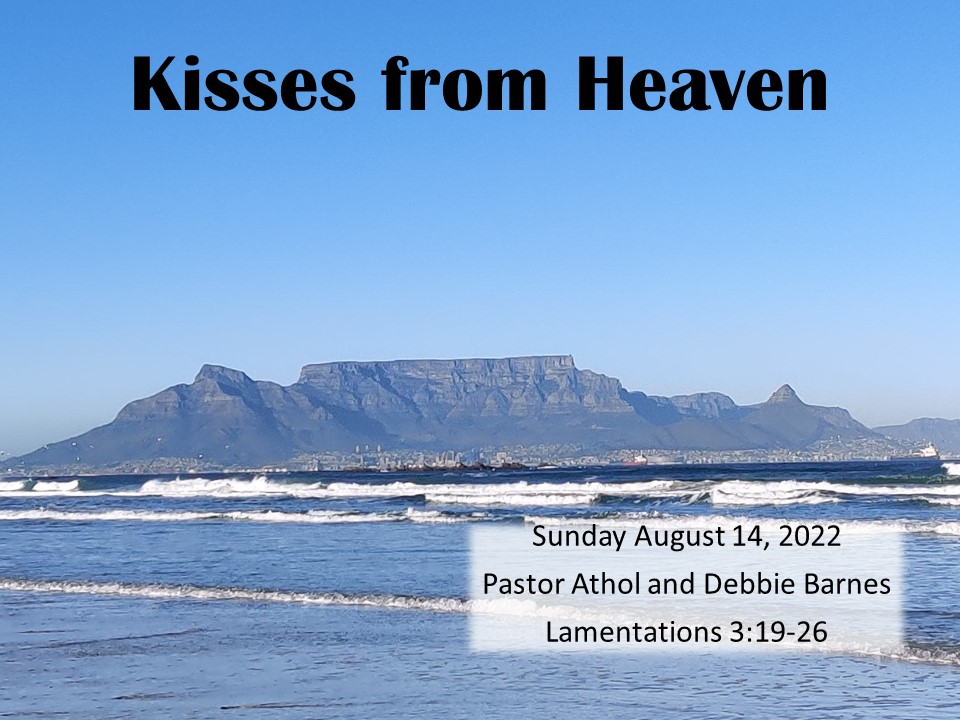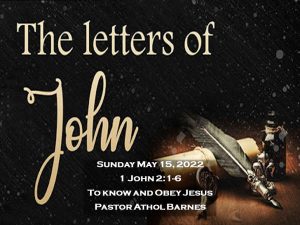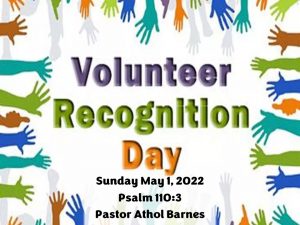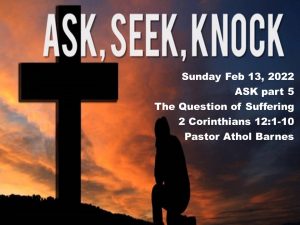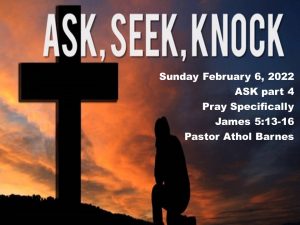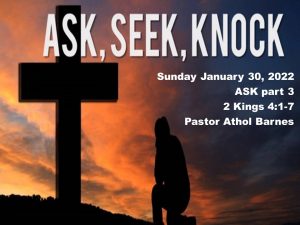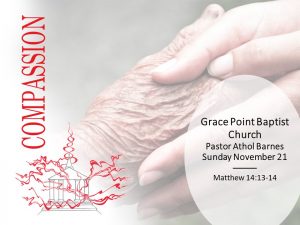
I have tried this question on a few people and got similar responses each time, quizzical looks and sometimes a laugh. This email is not intended to be a political endorsement or a discussion on politics. On the contrary, it is much more important than that. So let me explain why I would ask such a provocative question. This past week we had another mid-term election in America and the outcome has still not been decided. As we await the results, we must remember that God Himself is the decider of the outcome.
I am currently reading the book of Daniel and love the way God reveals Himself to pagan kings and rulers. Daniel was a man of worship, serving the one true God even in the land of his exile and slavery. As Daniel was preparing to deliver the revelation of king Nebuchadnezzar’s dream, he broke out in a song of praise and in verse 20 and 21 of chapter 2 he said, ““Blessed be the name of God forever and ever, to whom belong wisdom and might. He changes times and seasons; he removes kings and sets up kings; he gives wisdom to the wise and knowledge to those who have understanding;”
As Christians around the country pray for their political party or candidate to win the election, I often wonder what our motivation is in praying for election outcomes. I am not saying that we should not pray, certainly we are to pray for God to move and install leaders who would bless the land. But how are we praying?
The apostle Paul wrote to Timothy and encouraged him to pray for the leaders of the land in 1 Timothy 2:1-2, “First of all, then, I urge that supplications, prayers, intercessions, and thanksgivings be made for all people,for kings and all who are in high positions, that we may lead a peaceful and quiet life, godly and dignified in every way.” We must remember that Paul and Timothy were church leaders during the reign of Emperor Nero. He was a despicable ruler who mercilessly persecuted Christians, far worse than any of our twenty first century leaders in America.
Many evangelical Christians were praying for and hoping for a “red wave”, that would see the Republican party making significant gains in both the House and the Senate, but the outcome has not been as expected. Reflecting on this outcome, I wonder what the church would have done if the “red wave” had been realized. I am sure that if that had been the outcome, many Christians would have been happy, they would have felt at ease and they would have stopped praying! That alone would reveal that our worldview is not Biblical.
I firmly believe that God is calling us to something much bigger than simply praying for a political party to gain some seats. The salvation of America is never going to be found in a political leader or a majority government. I firmly believe that God is calling us to pray for an awakening in this land. A sustained move of God that will transform the nation through repentance and alignment with the plumbline of God’s Word.
Getting back to my provocative title. What if we saw such a move of God, that our leaders began to rule from a Biblical worldview. What if we could vote for leaders based on their leadership qualities alone, because it didn’t matter which political party they represented because the parties in our country would be leading with Biblical principles.
Sound far-fetched? I don’t think so. Let us join together in praying for our leaders as the Bible instructs us to do, praying for them to encounter the living God and repent of their sins. May we see God move in power in America, calling the nation to a humble repentance, so that God may have mercy on us and heal our land (2 Chronicles 7:14).


